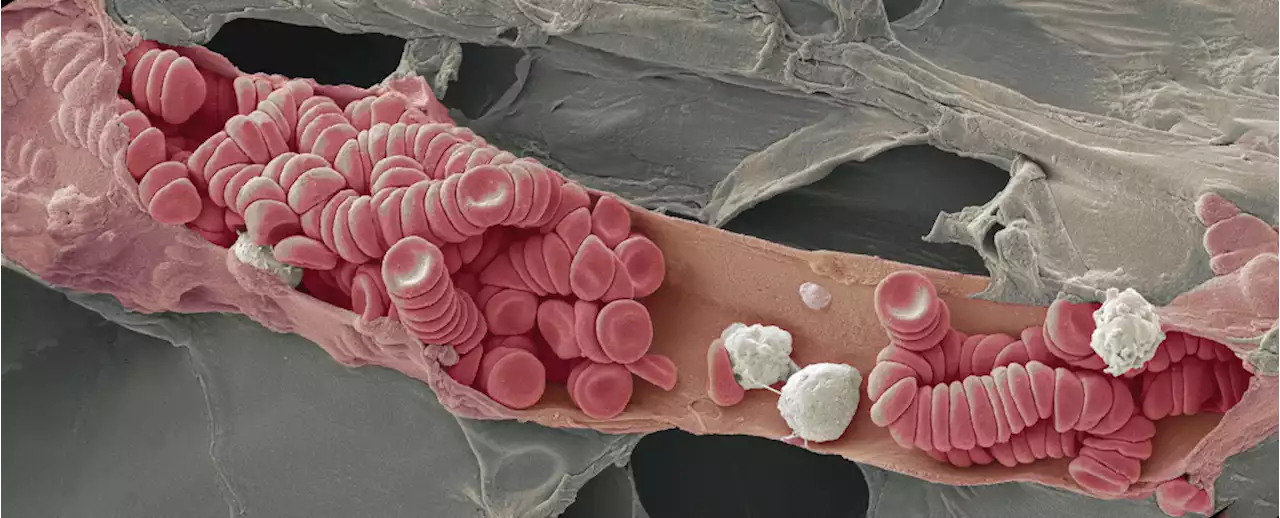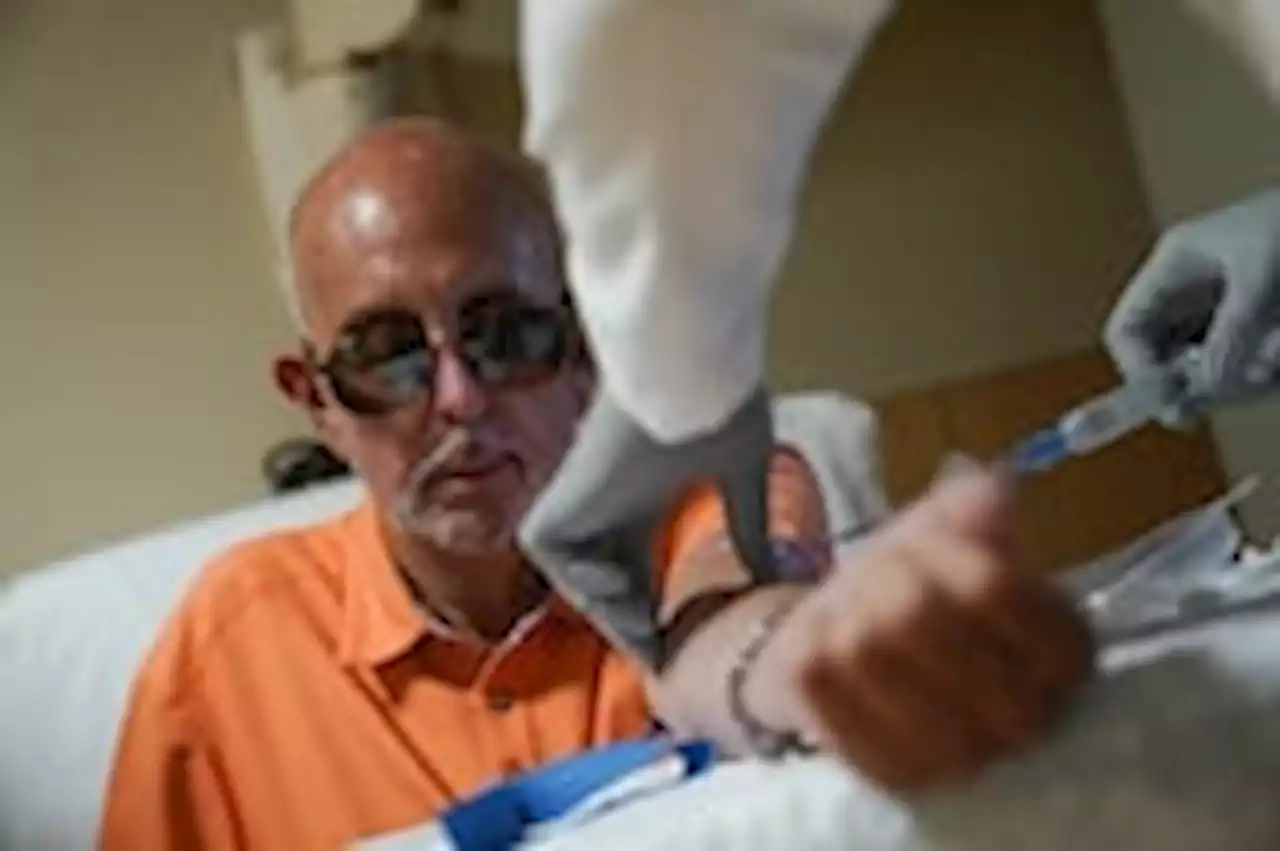Scientists are testing vaccines as potential treatments for Alzheimer's, in an attempt to reign in harmful immune activity tied to the disease.
Despite decades of Alzheimer's research, scientists have not found a treatment that halts or dramatically slows the disease. Now, scientists are investigating if a completely new approach — so-called Alzheimer's vaccines — could alter the disease's course.
In this theory, inflammatory signals reach the brain, stimulating the production of beta-amyloid proteins, which may have antimicrobial properties intended to kill harmful invaders. However, when these proteins confuse healthy brain cells with microbes, they aggregate into plaques that damage the brain. Meanwhile, the cells that would normally mop up beta-amyloid — microglia — are underactive in Alzheimer's.
The evidence that BCG is associated with a lower Alzheimer's risk and has long-term immune effects led Charles Greenblatt, a professor of microbiology and molecular genetics at the Hebrew University of Jerusalem and a leader of one of the observational studies, and his colleagues to test BCG as an Alzheimer's vaccine.
Chitnis told Live Science that Protollin is made of bits of bacteria that are recognized by immune cells called macrophages. A 2008 mouse study suggests Protollin doesn't directly train the immune system to attack beta-amyloid but rather broadly activates immune cells so that they eat the proteins. In theory, Protollin could also make the immune cells more responsive to the bacteria and viruses thought to raise the risk of Alzheimer's in the first place.
"Once the immune system is activated against an endogenous [body-made] peptide or protein, it is not simple to shut down the activation of the immune system," Nowick said."A vaccine could thus produce a serious autoimmune response." It isn't as simple as turning inflammation on or off — in Alzheimer's, the microglia aren't active while other processes that release beta-amyloid might be hyperactive.
United States Latest News, United States Headlines
Similar News:You can also read news stories similar to this one that we have collected from other news sources.
 Could This Common Blood Condition Could Protect Against Alzheimer's?A common blood condition associated with an increased risk of several diseases unexpectedly appears to lower the risk of Alzheimer's disease.
Could This Common Blood Condition Could Protect Against Alzheimer's?A common blood condition associated with an increased risk of several diseases unexpectedly appears to lower the risk of Alzheimer's disease.
Read more »
 For Alzheimer’s patients, a new era of treatment brings hope and riskA drug called Leqembi, which modestly slows progression of the disease, is expected soon to receive full approval from federal regulators. Skeptics note, however, that the drug’s effectiveness is limited.
For Alzheimer’s patients, a new era of treatment brings hope and riskA drug called Leqembi, which modestly slows progression of the disease, is expected soon to receive full approval from federal regulators. Skeptics note, however, that the drug’s effectiveness is limited.
Read more »
 Lean Muscle Mass Protective Against Alzheimer's?Previous research shows muscle fat may raise the risk for cognitive decline. This study suggests higher levels of lean muscle mass can be protective against cognitive decline and Alzheimer's.
Lean Muscle Mass Protective Against Alzheimer's?Previous research shows muscle fat may raise the risk for cognitive decline. This study suggests higher levels of lean muscle mass can be protective against cognitive decline and Alzheimer's.
Read more »
 Climate change makes wildfires and smoke worse: Scientists call it the 'new abnormal'As Earth's climate continues to change from heat-trapping gases spewed into the air, ever fewer people are out of reach from the billowing and deadly fingers of wildfire smoke, scientists say.
Climate change makes wildfires and smoke worse: Scientists call it the 'new abnormal'As Earth's climate continues to change from heat-trapping gases spewed into the air, ever fewer people are out of reach from the billowing and deadly fingers of wildfire smoke, scientists say.
Read more »
 Scientists Attempt to Explain Mars Rock With Hole Straight Through ItEarlier this month, NASA's Perseverance Mars rover spotted a mysterious donut-shaped rock. Experts are divided on what it could be.
Scientists Attempt to Explain Mars Rock With Hole Straight Through ItEarlier this month, NASA's Perseverance Mars rover spotted a mysterious donut-shaped rock. Experts are divided on what it could be.
Read more »
 Scientists found a mysterious ‘gravity hole’ in the Indian OceanResearchers may have discovered the explanation behind a mysterious gravity hole found within the Indian Ocean.
Scientists found a mysterious ‘gravity hole’ in the Indian OceanResearchers may have discovered the explanation behind a mysterious gravity hole found within the Indian Ocean.
Read more »
